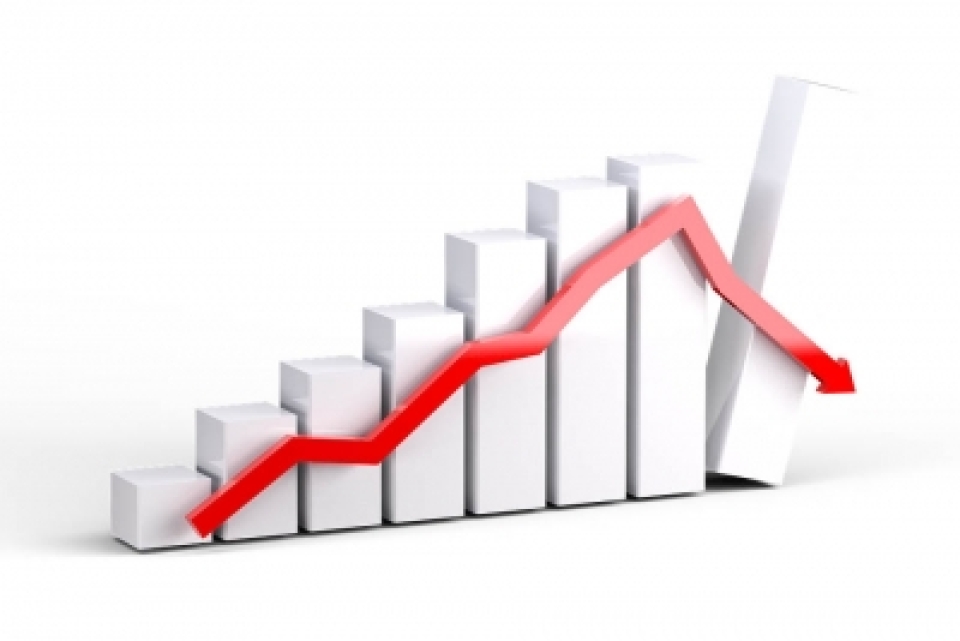BHARAT UPADHYAY
NEW DELHI: As economic slowdown is often linked to anxiety and depression, which may also become a reason for suicide, experts suggest that rather than thinking about the future, working people need to live in the present and avoid mulling too much over a distressing situation to cope with stress.
India’s Gross Domestic Product (GDP) growth rate slipped to 5 per cent in the first quarter (April-June) of the current financial year, the lowest in over six years. The slowdown has already claimed the livelihood of lakhs of people.
“Undoubtedly problems generated from economic slowdown lead to a number of mental health issues. One has to understand that these problems are also like any other problems of life we all have to deal with. Mulling over such issues never gives a solution, rather it will make it worse,” Neha Dutt, Psychologist at Dharamshila Narayana Superspecialty Hospital in New Delhi, told IANS.
“Look for possible alternatives amid the crisis that you are facing. Make alternative plans in life and remember if plan A did not work, try plan B. As nothing is permanent in life, constantly remind yourself that this phase is also temporary. Taking action and working towards that is important,” Dutt suggested.
Data from National Crime Records Bureau (NCRB) suggest that 133,623 suicides were recorded in India in 2015. Fifteen suicides took place every one hour during that year.
The data revealed that 70 per cent of the victims of suicide were earning an income of less than Rs 1 lakh a year during 2015.
Gurugram’s Paras Hospital has recently seen a spike in the visit of “corporate people” who have the fear of losing their jobs because of this slowdown, according to Preeti Singh, senior consultant, clinical psychologist and behavioral expert at the hospital.
It is not only hampering their sleep but also leading to overthinking, she said.
Because of the economic slowdown, some people are getting into entrepreneurial roles, which means one needs to set up everything on their own with limited people, she said.
“Though it looks exciting in the beginning, in the long run one might start feeling isolated. So it becomes very important that you have a social circle too. Not engaging in physical and social activities further worsens the situation,” Singh said.
“Take a day at a time as it comes. If one is not living in present and only thinking about the future, then that person is unnecessarily falling into the trap of anxiety and depression. There will also be thoughts about self-doubt,” Singh told IANS.
“If you think the situation is not under control and it is lasting more than a month, please reach out for help to a trained clinical psychologist or even a psychiatrist in some cases,” she stressed.
Shweta Sharma, clinical psychologist at Columbia Asia Hospital, Gurugram, said that as many youth are already struggling with unemployment, the economic slowdown will further impact their mental state badly due to unpredictability.
“There is a tremendous rise in complaints such as unrealistic goals, fear of losing jobs and complaints about the work schedule,” Sharma said.
To fight against mental health issues, Sharma suggests that one should keep in mind that nothing is permanent in life.
“Everything fades away with time. So, if one is anxious about the current situation, one needs to find ways to relax his/her mind. One most doable ways is jotting down your thoughts immediately in a piece of paper. It helps to relax your mind,” she added.
“Sometimes talking to a friend, who might also be going through some kind of stress, won’t help much and rather creates multiple issues. So, an intervention from the professional will help you to control your emotions and help you to calm down state of your body and mind,” Sharma said. IANS







